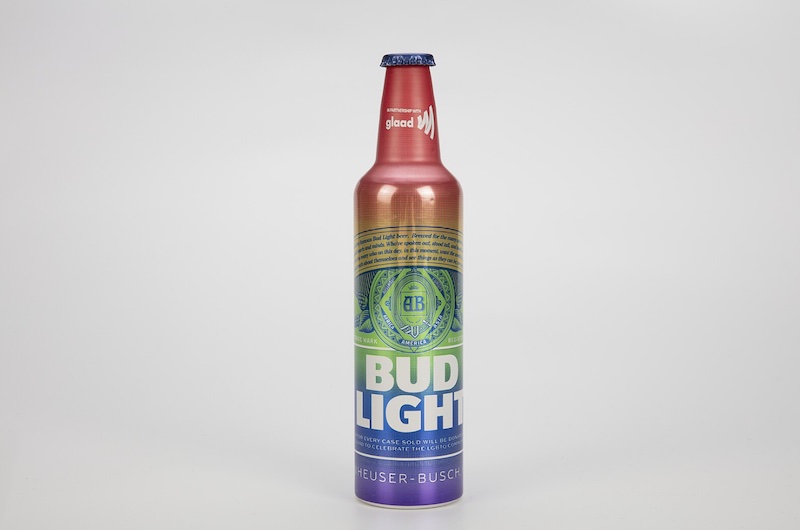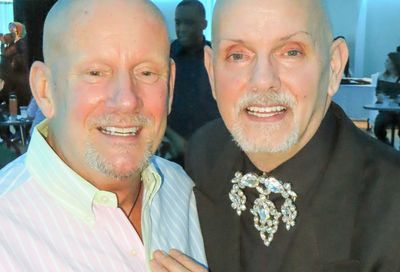Research shows extensive impact of discrimination on LGBTQ health
95% of studies reviewed showed a link between discrimination and its impact on mental and physical health

New research has highlighted the impact of discrimination on the mental and physical health of LGBTQ people.
The What We Know Project, based at Cornell University’s Center for the Study of Inequality, analyzed 300 peer-reviewed studies into the health effects of discrimination on LGBTQ people in the United States.
Of those studies, 95% found a link between an LGBTQ person experiencing discrimination and a subsequent negative impact on that person’s mental or physical health.
And out of 300 studies, 245 reported “robust evidence that discrimination on the basis of sexual orientation or gender identity is associated with harms to the health of LGBT people,” What We Know reports.
The mental health impacts of discrimination include depression, anxiety, suicidal ideation, post-traumatic stress disorder (PTSD), and substance abuse, according to the studies.
Physical health consequences include injury, cardiovascular disease, and raised levels of cortisol — the primary stress hormone.
The types of discrimination experienced by LGBTQ people were also analyzed, and included personal forms such as assault and bullying, as well as discrimination related to anti-LGBTQ legislation, and corporate policies that deny services to LGBTQ people.
Discrimination can even impact those who aren’t directly exposed to it, with researchers identifying what they have termed “minority stress” — where LGBTQ people are impacted by the mere presence of discrimination, prejudice, or hostility.
And for those LGBTQ people who are also at risk of discrimination based on race, gender, or socioeconomic status, the impact on health can be even greater.
In a column for the Washington Post, Nathaniel Frank, director of the What We Know Project, and Kellan Baker, Centennial Scholar at Johns Hopkins Bloomberg School of Public Health, said that the findings “puts to rest the old notion that there is something inherently destabilizing about being LGBT, such as the idea that these identities themselves are mental illnesses.”
They continued: “Instead, stigma and prejudice — negative social messages, discriminatory policies and exclusionary institutional practices — are responsible for the disproportionate health harms LGBT people experience.”
Related:
2 out of every 5 LGBTQ youth have seriously considered suicide, study says
Doctors call for ban on conversion therapy, citing harmful mental health effects
Read more:
Marriott refused a gay couple’s wedding, so Hilton stepped in to help
Former Olympic athlete claims drag is ‘like blackface’
Iowa man sentenced to 16 years in jail for burning LGBTQ Pride flag
Support Metro Weekly’s Journalism
These are challenging times for news organizations. And yet it’s crucial we stay active and provide vital resources and information to both our local readers and the world. So won’t you please take a moment and consider supporting Metro Weekly with a membership? For as little as $5 a month, you can help ensure Metro Weekly magazine and MetroWeekly.com remain free, viable resources as we provide the best, most diverse, culturally-resonant LGBTQ coverage in both the D.C. region and around the world. Memberships come with exclusive perks and discounts, your own personal digital delivery of each week’s magazine (and an archive), access to our Member's Lounge when it launches this fall, and exclusive members-only items like Metro Weekly Membership Mugs and Tote Bags! Check out all our membership levels here and please join us today!























You must be logged in to post a comment.